For Indigenous Peoples’ Day, here are recommended classroom resources.
The People vs. Columbus, et al.
Updated Version
The People vs. Columbus trial has been my most successful and popular lesson.
Not only do students learn the extent of the atrocities committed by Spanish colonizers, they also engage in higher order thinking on the factors that cause historical atrocities to occur.
I LOVE how “the system of empire” is one of the options for students to blame or defend. This has generated some of the most challenging discussions I’ve seen in my class. — Lena Amick, social studies teacher, Baltimore
This widely used lesson was revised last year in collaboration with Taíno community members. We’d love to hear from you when you use the lesson. In appreciation for your feedback, we’ll send you a people’s history book.
Whose History Matters?
Students Can Name Columbus, But Most Have Never Heard of the Taíno People
Bill Bigelow writes: Early in my high school U.S. history classes, I would ask students about “that guy some people say discovered America.” All my students knew that the correct answer was Christopher Columbus, and every time I asked this question, some student would break into the sing-song rhyme, “In Fourteen Hundred and Ninety-two, Columbus sailed the ocean blue” — and others would join in.
“Right. So who did he supposedly discover?” I asked.
In almost 30 years of teaching, the best anyone could come up with was: “Indians.”
I brushed that answer away: “Yes, but be specific. What were their names? Which nationality?” I never had a student say, “The Taínos.”
“So what does this tell us?” I asked. “What does it say that we all know Columbus’s name, but none of us knows the nationality of the people who were here first? And there were millions of them.” Continue reading.
Indigenous Resistance
Climate Crisis Timeline
As young people study the climate crisis, they can draw ideas and inspiration from stories of resistance such as these entries from our new Climate Crisis Timeline.
Recommended Reading
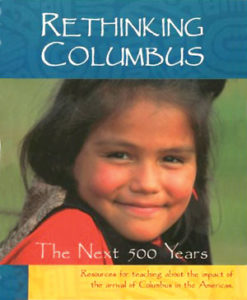 |
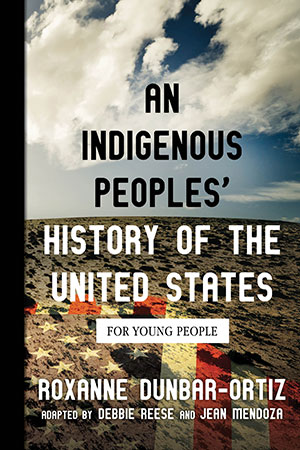 |
|
Rethinking Columbus: The Next 500 Years More than 80 essays, poems, interviews, historical vignettes, and lessons reevaluate the myth of Columbus and issues of Indigenous rights. Edited by Bill Bigelow and Bob Peterson. |
An Indigenous Peoples’ History of the United States The original text by Roxanne Dunbar-Ortiz is adapted by Debbie Reese and Jean Mendoza for middle-grade and young adult readers. |
| Read More | Read More |
Standing with Standing Rock
A Role Play on the Dakota Access Pipeline
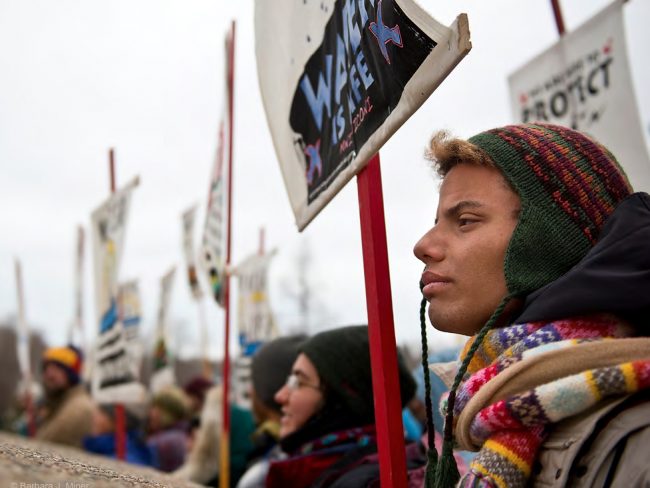
A demonstration in Bismarck, on Nov. 21, 2016, to protest police violence against Standing Rock Water Protectors. Source: Barbara Miner
This lesson helps students recognize the issues at stake in the historic struggle of the Standing Rock Sioux to block construction of the Dakota Access oil pipeline.
The Standing Rock protest is one of more than 100 entries in our Climate Crisis Timeline.
Columbus in America
Documentary: Free Online
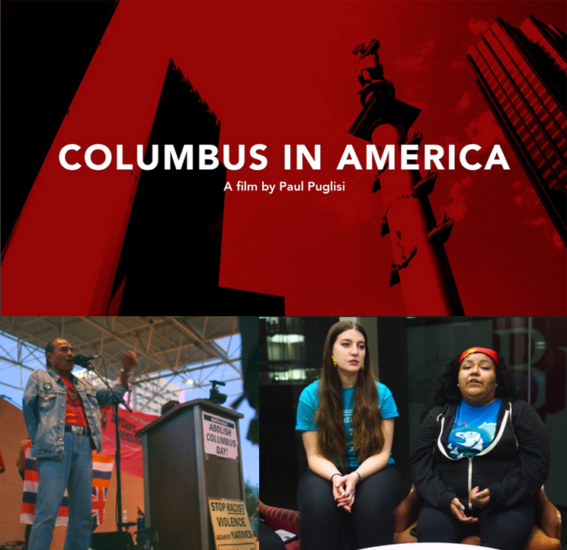 Columbus in America is the best and most comprehensive film on the history of Columbus — and the uses and abuses of the so-called discovery of America.
Columbus in America is the best and most comprehensive film on the history of Columbus — and the uses and abuses of the so-called discovery of America.
The film explores the history of what transpired in 1492 and after, and how “Columbus” has been used throughout U.S. history to legitimate the marginalization of Indigenous peoples.
Ultimately, the film is hopeful, as it focuses on how the victims of Columbus and those who came after have themselves targeted “Columbus in America” to assert their humanity, their history, and their rights. The film is free online. Read more.
Abolish Columbus Day Campaign
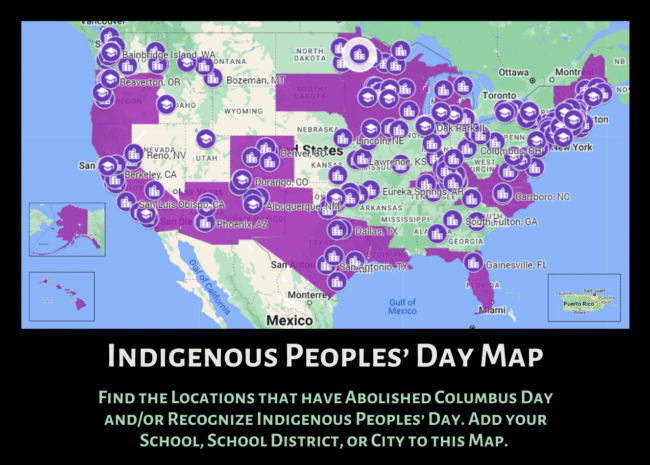 It is time to stop celebrating the crimes of Columbus and stand in solidarity with the Indigenous people who demand an end to Columbus Day. Instead of glorifying a person who enslaved and murdered people, destroyed cultures, and terrorized those who challenged his rule, we seek to honor these communities demanding sovereignty, recognition, and rights.
It is time to stop celebrating the crimes of Columbus and stand in solidarity with the Indigenous people who demand an end to Columbus Day. Instead of glorifying a person who enslaved and murdered people, destroyed cultures, and terrorized those who challenged his rule, we seek to honor these communities demanding sovereignty, recognition, and rights.
We encourage students and teachers to petition their administration and for communities to introduce legislation to rename Columbus Day to Indigenous Peoples’ Day. We offer information and resources to Abolish Columbus Day.

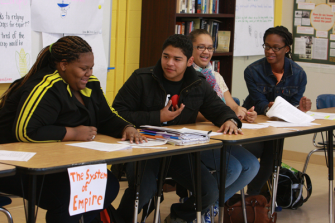
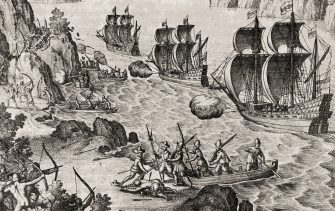
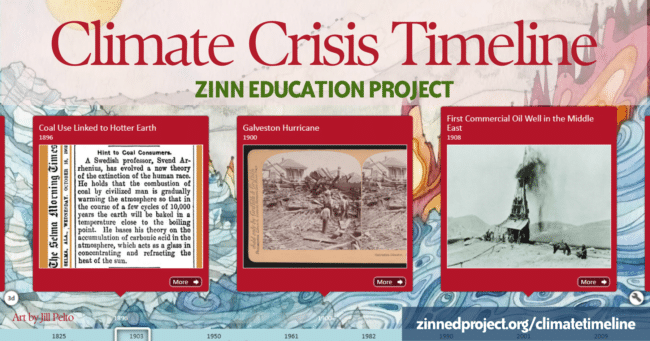
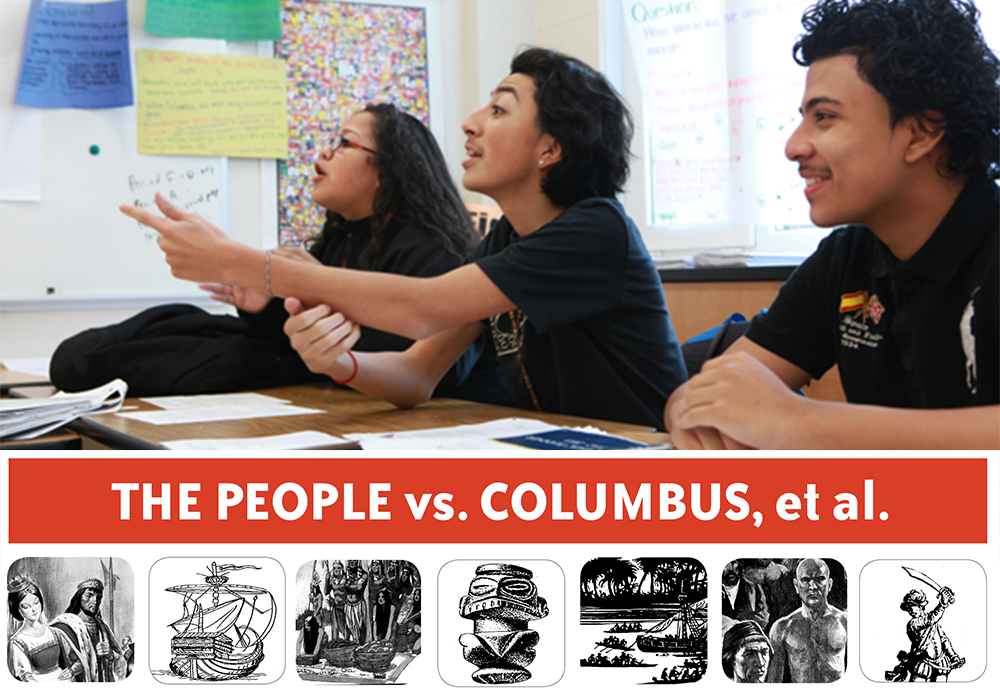
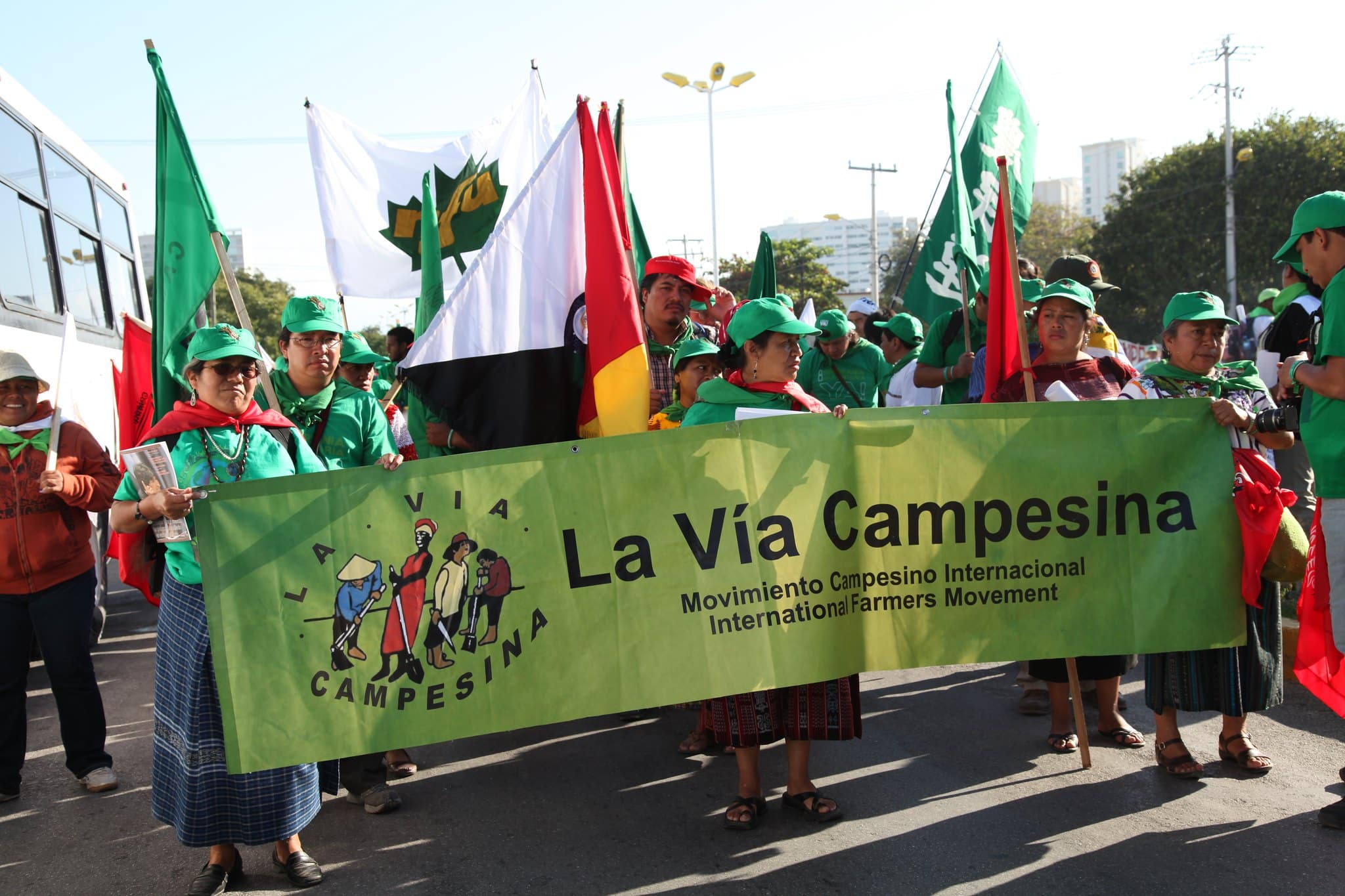
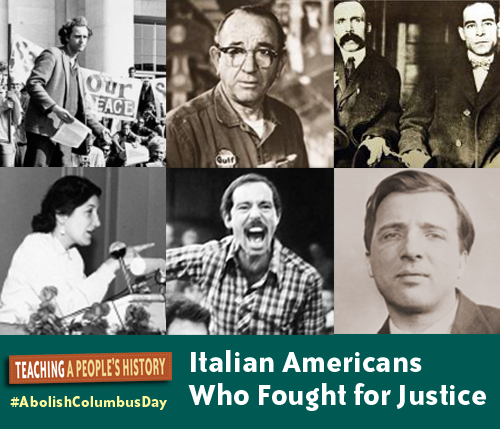
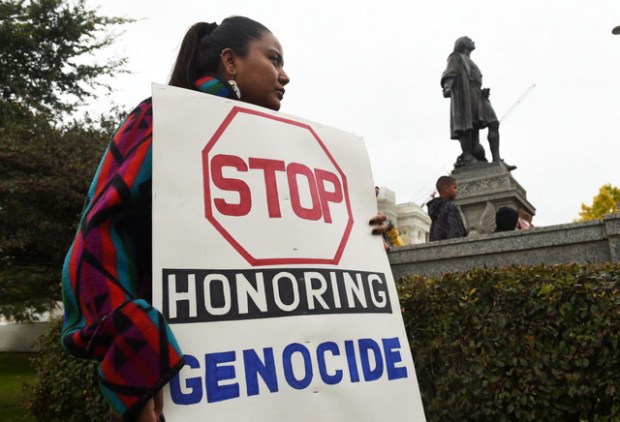
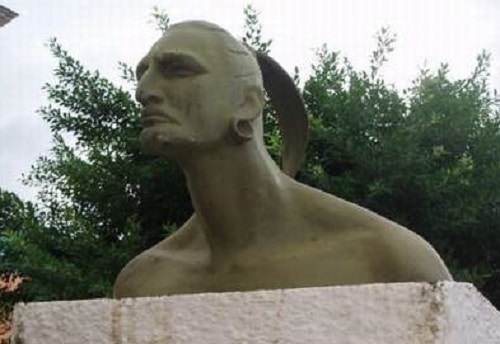
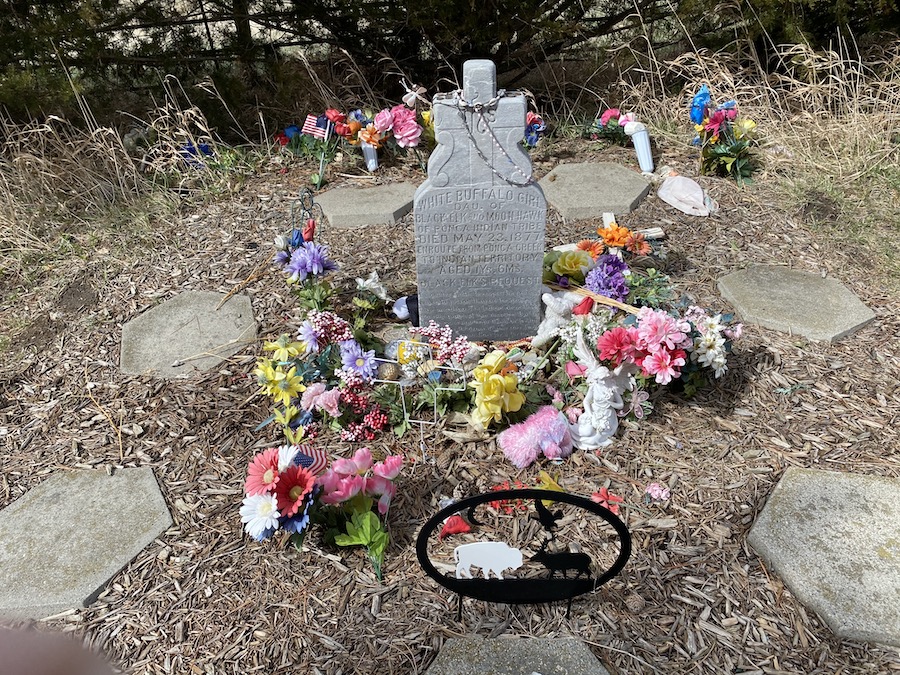





Twitter
Google plus
LinkedIn